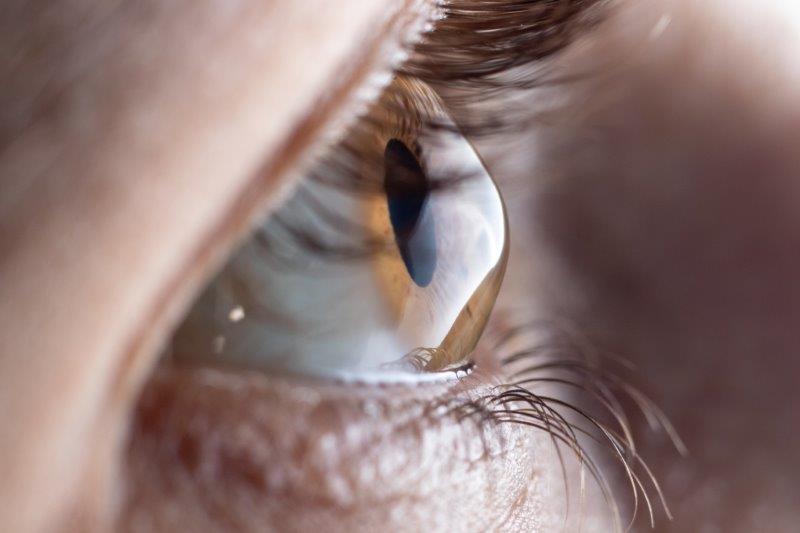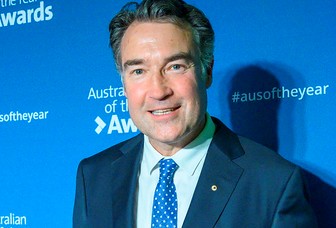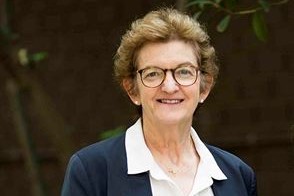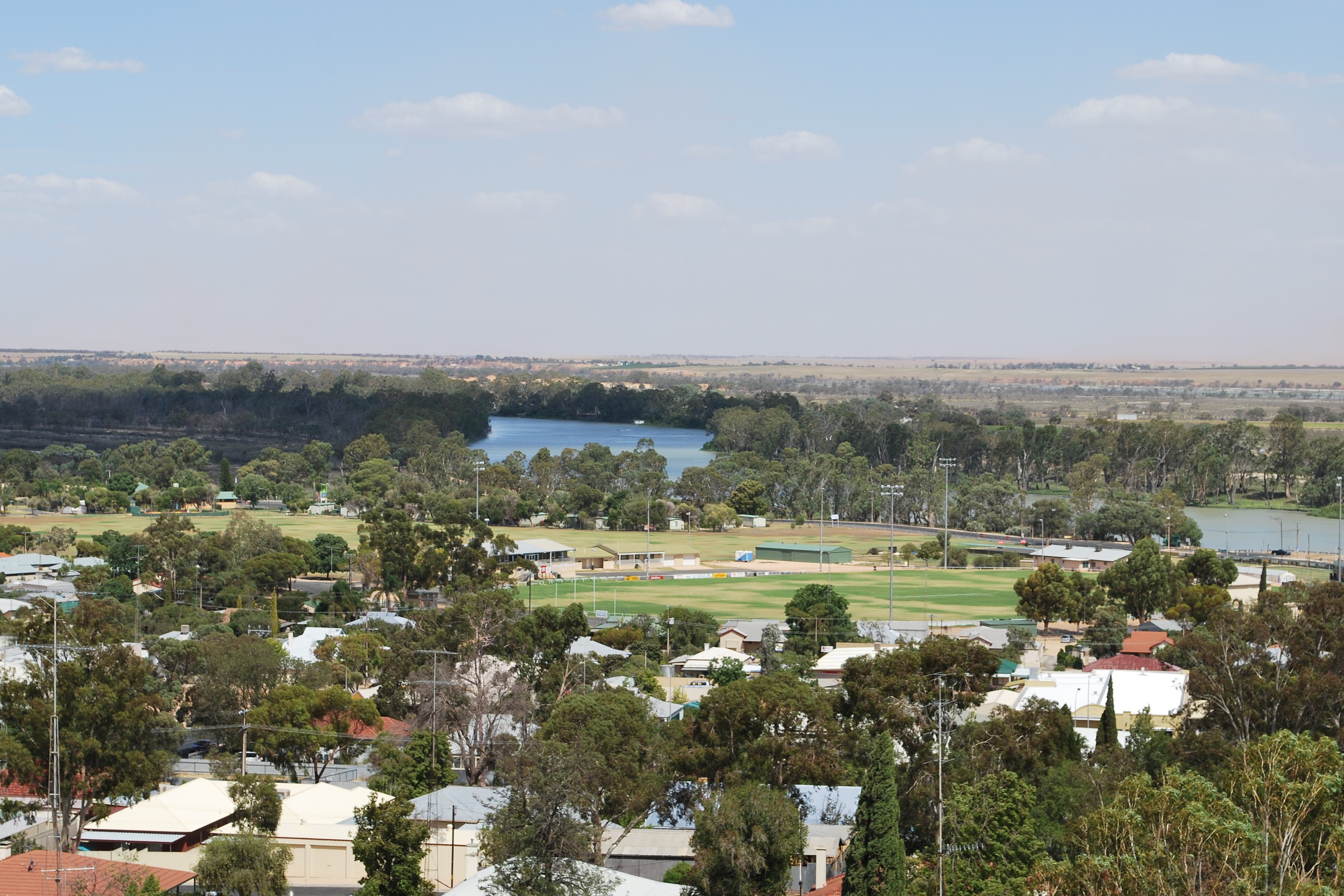Boost for keratoconus and equity research
Research into keratoconus and eyecare equity in Aotearoa by the University of Auckland’s (UoA’s) Department of Ophthalmology has been bolstered by a significant award and three new fellowships.
In September, the department received an award from the EL Wright Paediatric Ophthalmology Fund supporting early detection and surgical management of vision defects in children with keratoconus (aged 2-21 years) where public funding for treatment is unavailable. Meanwhile, the Health Research Council (HRC) of New Zealand awarded Esmeralda Lo Tam a three-year Pacific health clinical training fellowship, Dr Tiwini Hemi a one-year Māori health clinical training fellowship and Dr Natalie Allen a 27-month clinical research training fellowship for corneal transplantation studies.

Esmeralda Lo Tam
Department head, Professor Charles McGhee, UoA’s chair of Ophthalmology, congratulated Lo Tam and Drs Hemi and Allen on their fellowships. “This is a great achievement. The HRC is extremely competitive and only a small minority of applications are successful, so we are extremely pleased that three out of our three HRC training fellowships were funded this year for Esmeralda, Tiwini and Natalie. All these projects are investigating aspects of corneal disease and inequity of eye healthcare delivery in Aotearoa. Indeed, Natalie and Esmeralda were already collaborators on our EL Wright (community keratoconus) grant before gaining these HRC awards.”

Drs Natalie Allen and Tiwini Hemi
The four projects will run in parallel over the next three years. Together they represent almost $1 million investment in community eyecare research in Aotearoa, said Prof McGhee. “Overall, we have a great bunch of researchers. In addition to Natalie, we have several emerging Māori researchers: Isaac Samuels, Drs Micah Rapata, Simone Freundlich and Tiwini Hemi; one Pasifika researcher, Esmeralda Lo Tam; as well as an ethnically and professionally diverse group of more established researchers.”
Prof McGhee extended his thanks to the individuals and teams that helped foster the excellent HRC applications and continue to contribute to the department’s nurturing, multi-disciplinary research environment.
























